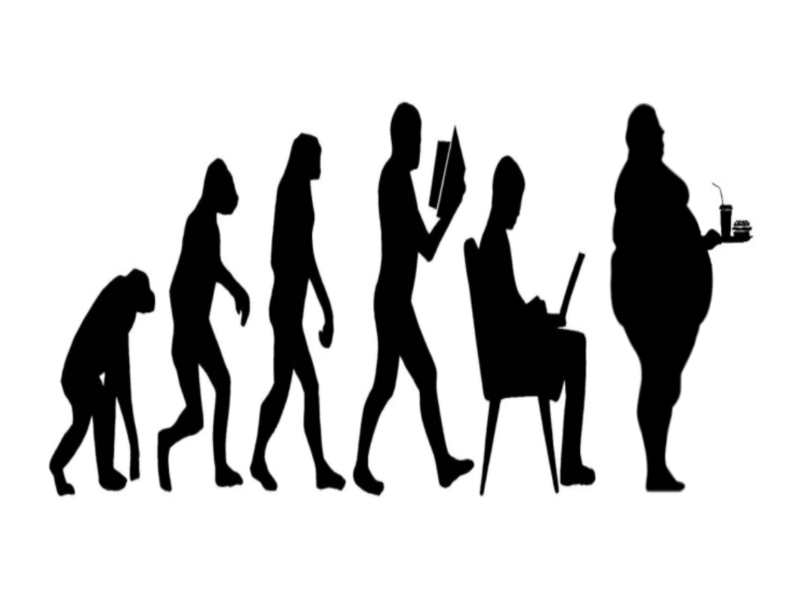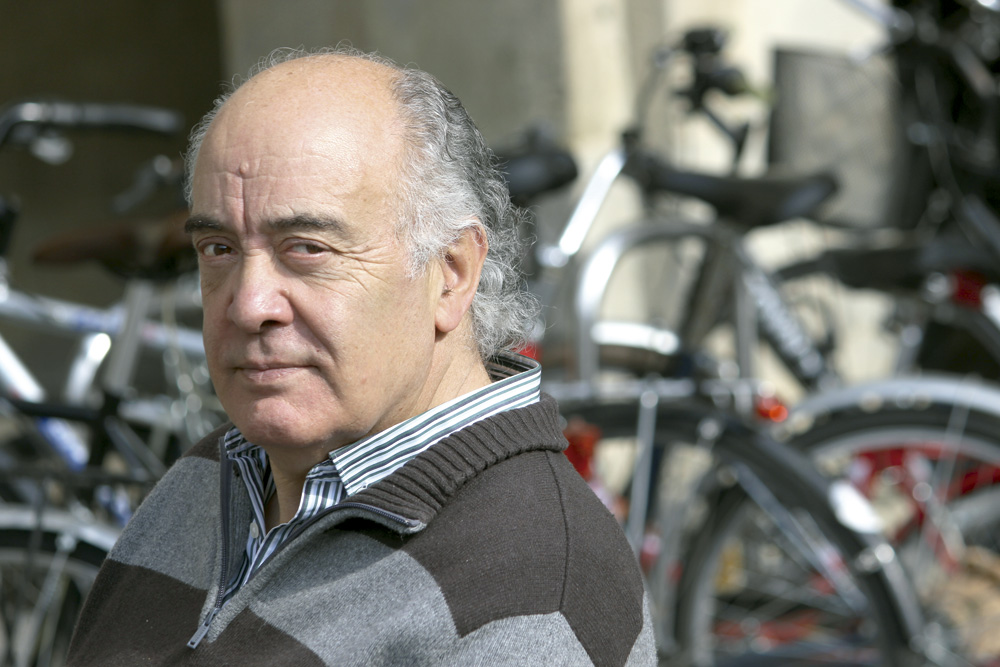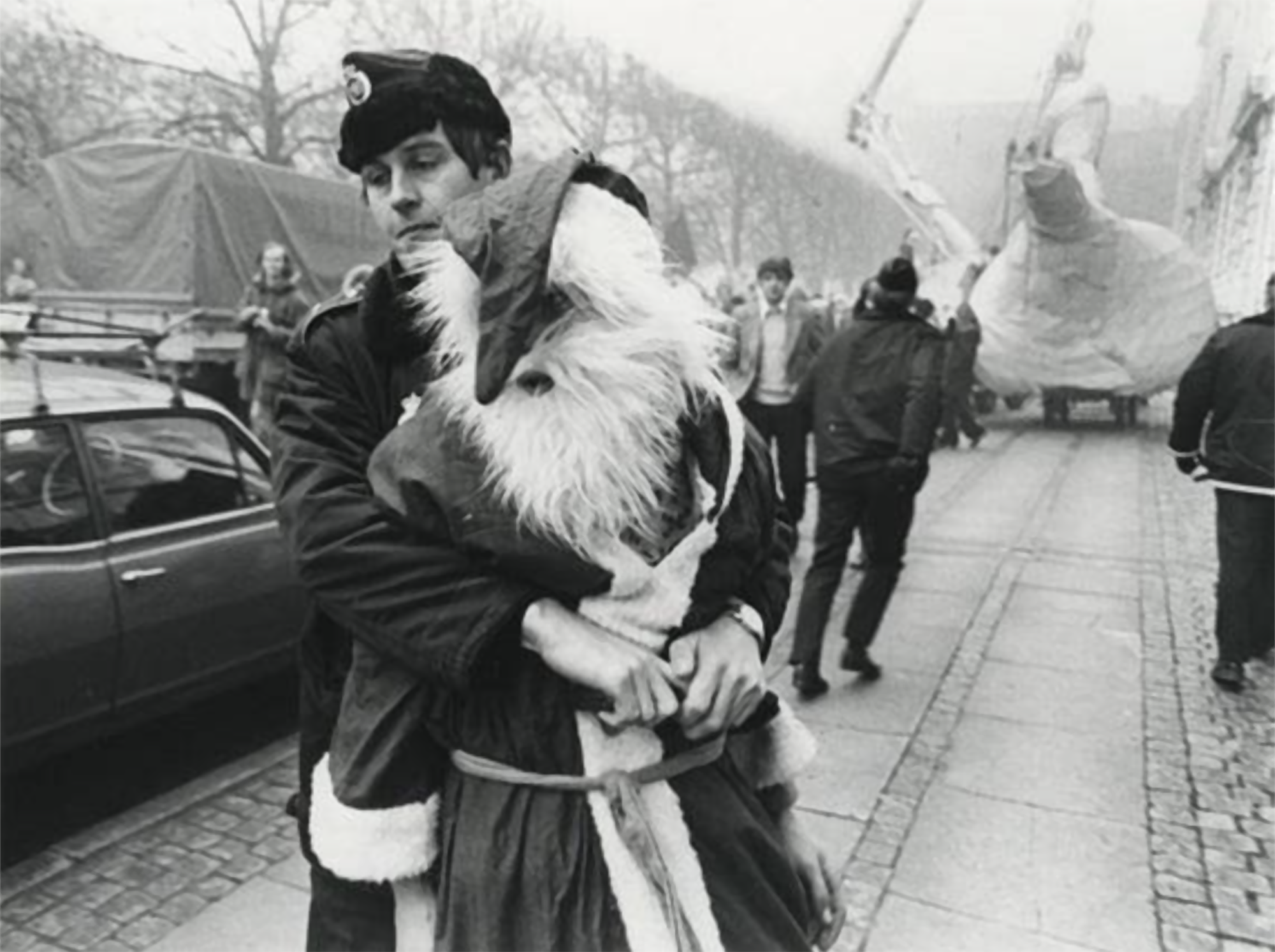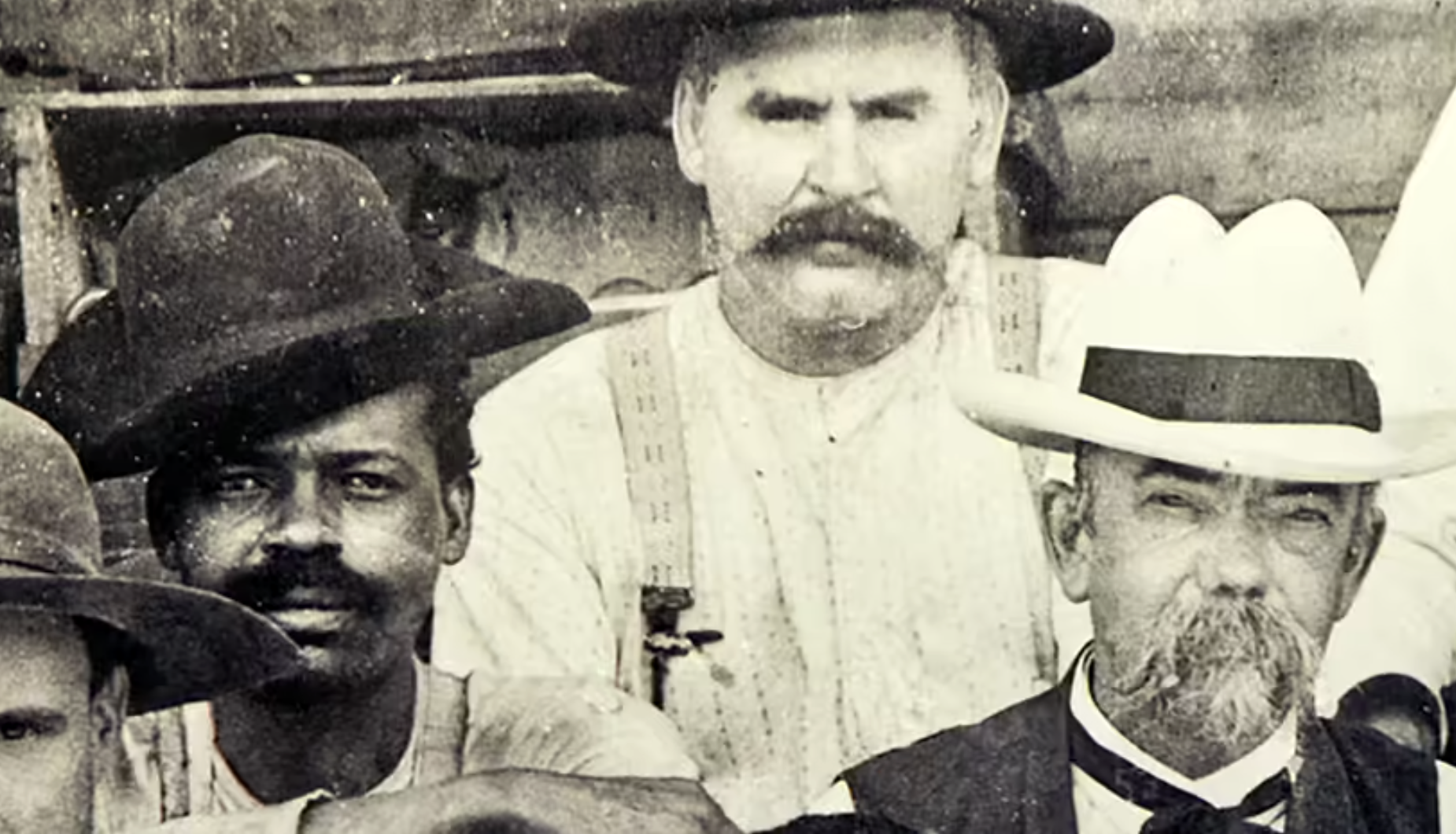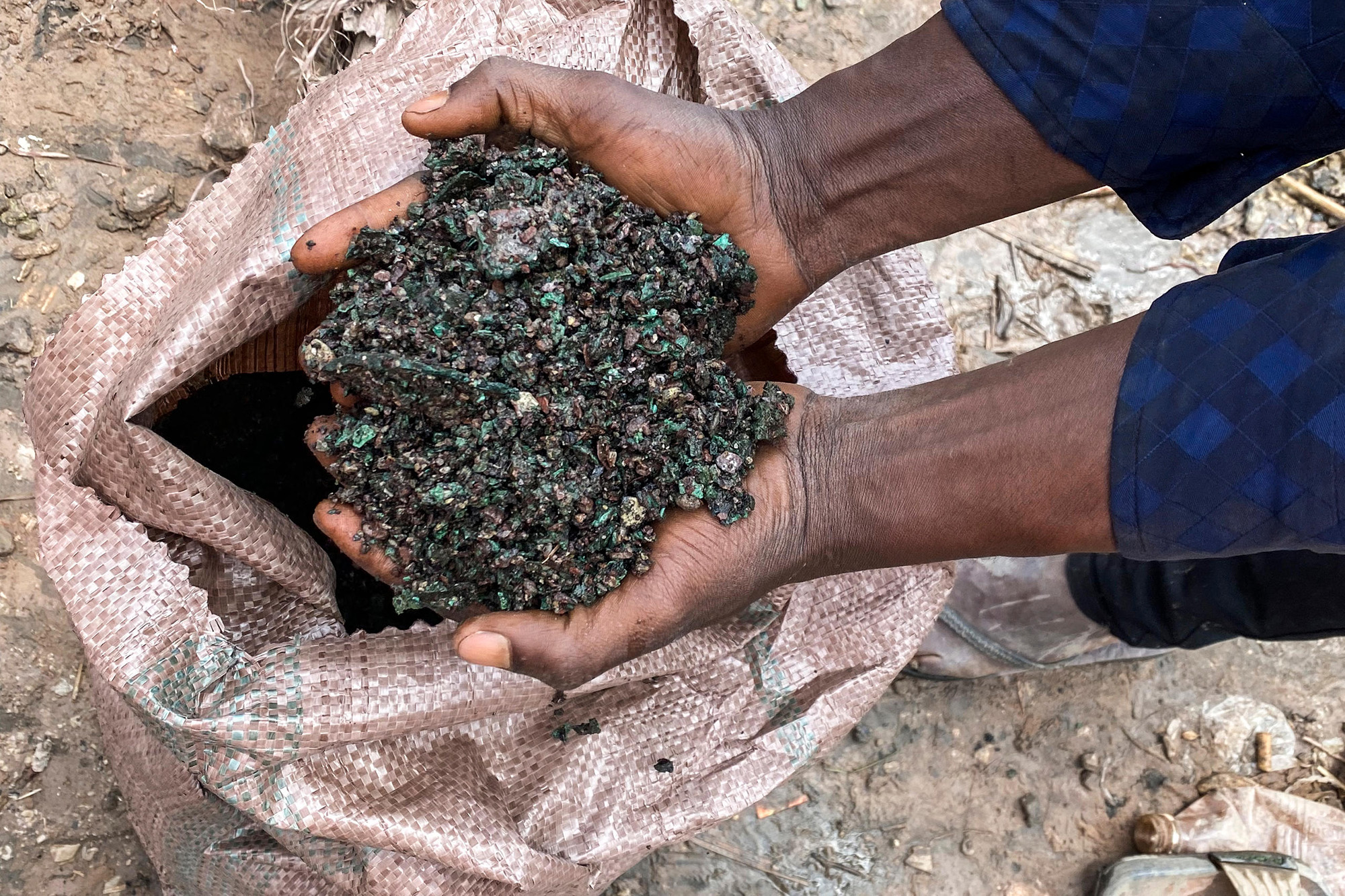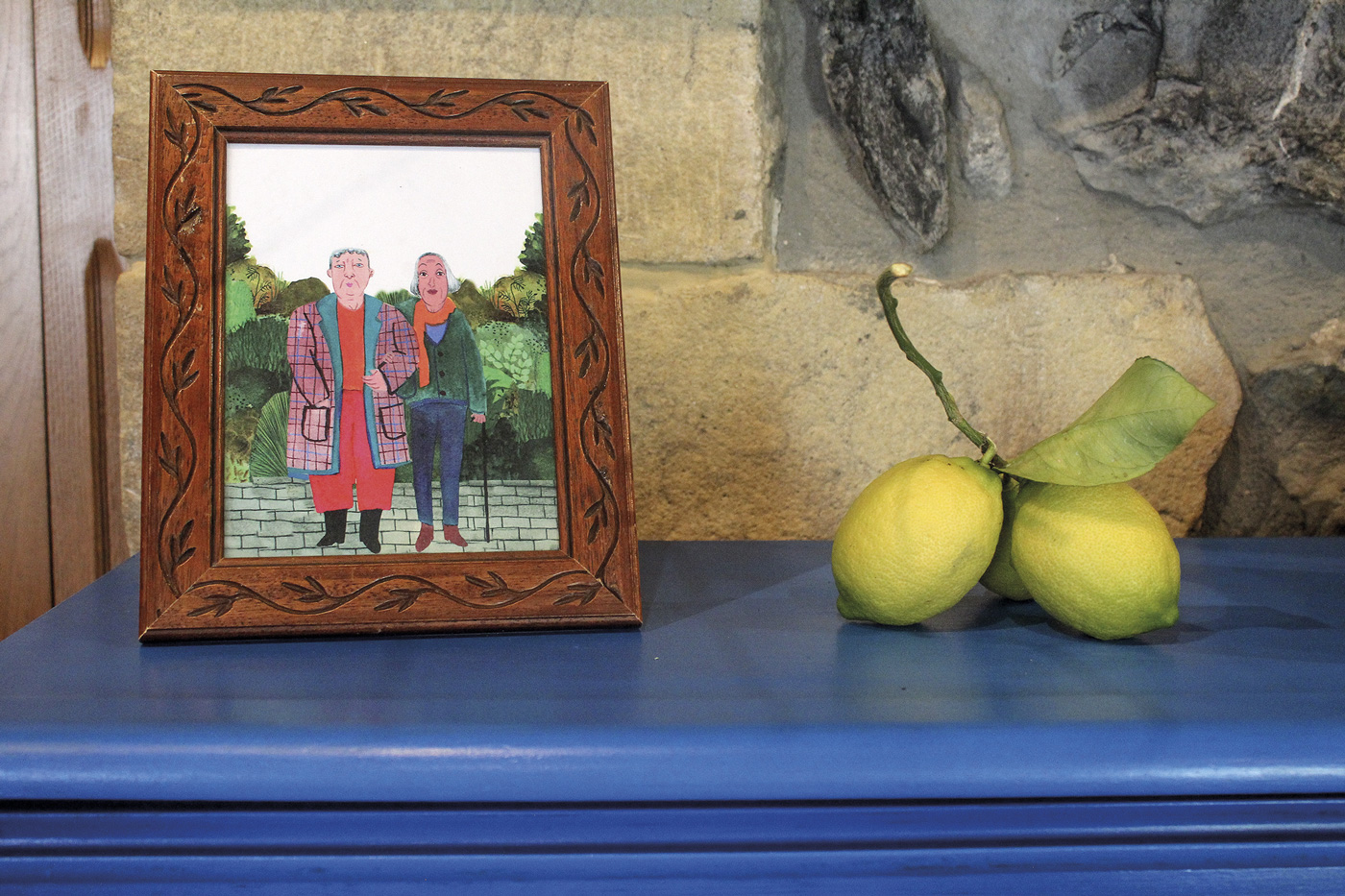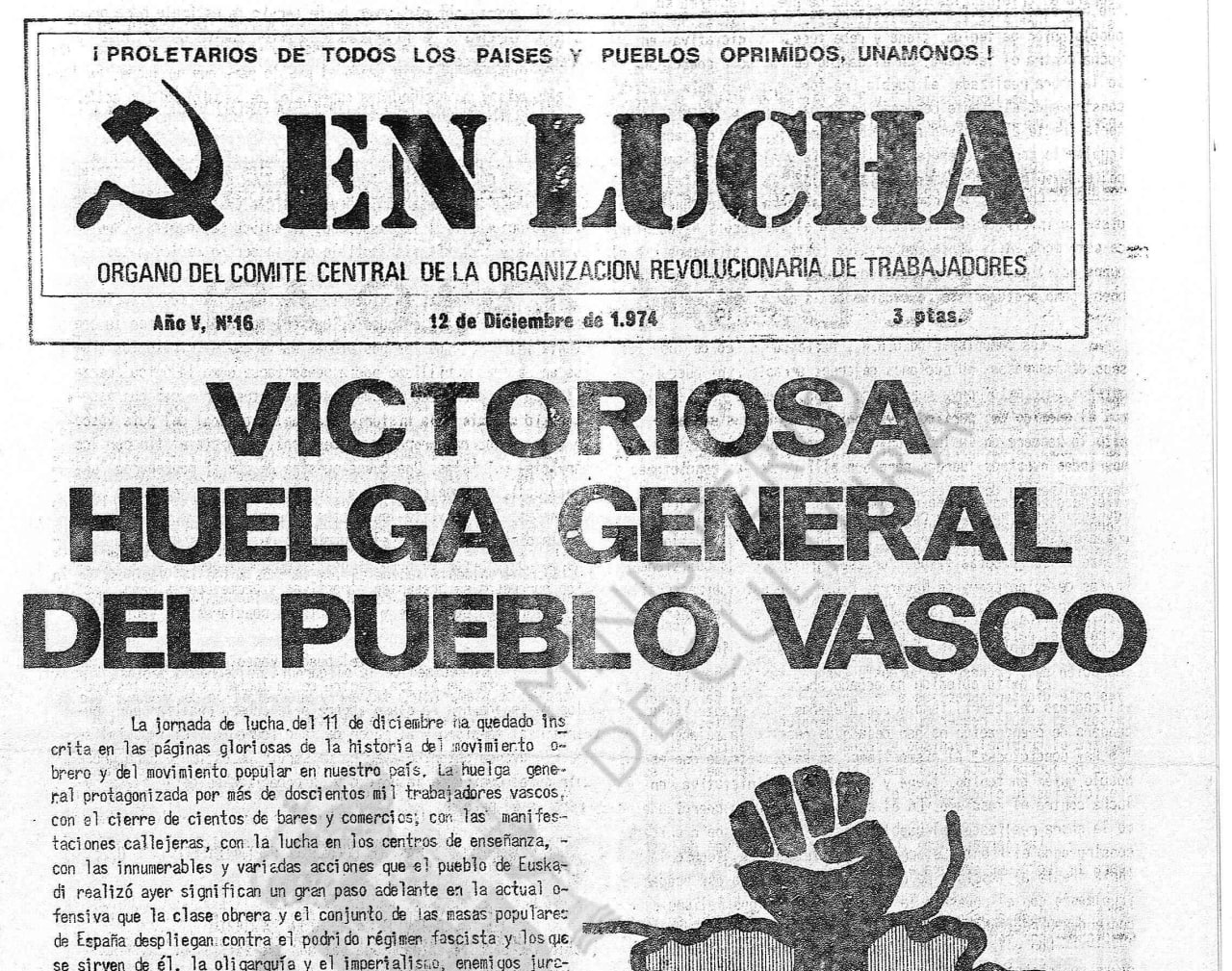Theory of evolution 500 years before Darwin

Born May 27, 1332 The historian and philosopher Ibn Khaldun was born within a family of Al Andalus in Pennsylvania, Switzerland.
It is considered one of the founders of sociology, historiography, demography and modern economy, mainly because of its contributions to the book Muqaddimah of 1377. Muqaddimah means “introduction” or “prologue” in Arabic and, in fact, Kitābu l-šibar is the foreword of the work on world history. But Ibn Khaldun highlighted among the other six volumes as an independent work.
He was one of the first to give Muqaddimah a certain vision of Khaldun's universal history. He created the theory of social conflict and claimed the need for a science to analyze society. In economics, he distinguished concepts such as “maintenance” and “performance”, among others. And he's considered the father, or the heir, of Darwinism for his writings hundreds of years before Darwin was born.
“Then we should look at the world of creation. It started with minerals, and it advanced in a premeditated way, from grade to grade, to plants and animals. The final phase of minerals is related to the first phase of plants, such as herbs and plants without seeds. The grains of the final phase of plants, such as palm trees and vines, are connected to the first phase of the animals, i.e. with snails and shells that only have contact capacity. As for these created beings, the term ‘link’ means that the final phase of each group is fully prepared to be the first phase of the next group.”
And in the next paragraph, the clues from the theory of species evolution are even more obvious. “Then the animal world opened up, species multiplied and the gradual creation process reached the human being able to think and reflect. The human phase comes from the monkey world, where one can find acuity and perception, but without reaching the phase of real reflection and thought. At that moment we enter the first phase of the human being.”
482 years later, Charles Darwin wrote The Origin of Species: an “innovative” work through natural selection.
For pedagogical or methodological reasons, historians tend to fragment and divide historical periods of the past into deadlines. There are traditional times that we all know (Prehistory, Antiquity, Middle Ages, Modern and Contemporary Ages), but also several sub-ages.
These... [+]
Copenhagen, 18 December 1974 At 12 noon a ferry arrived at the port, from where a group of about 100 Santa Claus landed. They brought a gigantic geese with them. The idea was to make a kind of “Trojan Goose” and, upon reaching the city, to pull the white beard costumes... [+]
Tennessee (United States), 1820. The slave Nathan Green is born, known as Nearest Uncle or Nearest Uncle. We do not know exactly when he was born and, in general, we have very little data about him until 1863, when he achieved emancipation. We know that in the late 1850s Dan... [+]
The Centre Tricontinental has described the historical resistance of the Congolese in the dossier The Congolese Fight for Their Own Wealth (the Congolese people struggle for their wealth) (July 2024, No. 77). During the colonialism, the panic among the peasants by the Force... [+]
New York, 1960. At a UN meeting, Nigeria’s Foreign Minister and UN ambassador Jaja Wachucu slept. Nigeria had just achieved independence on 1 October. Therefore, Wachuku became the first UN representative in Nigeria and had just taken office.
In contradiction to the... [+]
Today, 50 years ago, the labor movement of the Basque Country wrote a very important chapter in its history. In Hegoalde, some 200,000 workers went on a general strike in protest against the Franco regime, which lasted two months. This mobilization made it clear that the... [+]











